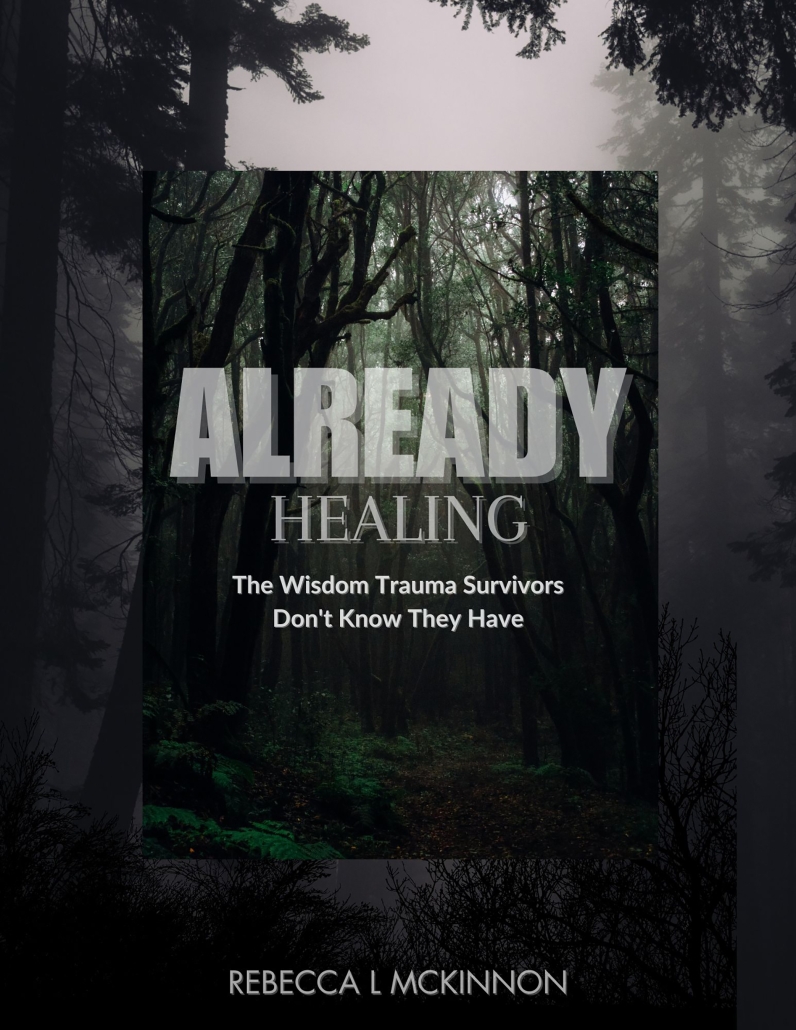The Book The Wellness Industry Doesn’t Want You to Read
I’m about to say something that will piss off every gratitude journal peddler and manifestation coach:
You don’t need to feel grateful to heal.
You don’t need to be positive.
You don’t need to transcend your difficulties.
You can notice morning light is beautiful, while still struggling with depression. You can be moved by the complexity of taste, while dealing with anxiety. You can appreciate how your car engine works, while working through trauma.
This kind of wonder doesn’t gaslight your experience or demand that you minimize your pain. It simply adds dimension to your reality.
 I wrote about a woman with chronic PTSD who’s drawn to watching water move – rivers, fountains, even sink faucets. She doesn’t understand why this helps. She doesn’t need to. Her nervous system knows something her conscious mind doesn’t.
I wrote about a woman with chronic PTSD who’s drawn to watching water move – rivers, fountains, even sink faucets. She doesn’t understand why this helps. She doesn’t need to. Her nervous system knows something her conscious mind doesn’t.
There’s a man dealing with childhood trauma fascinated by how his car engine works. “It’s just mechanics,” he says. But something about witnessing complex systems functioning properly provides evidence that order is possible when his early experience taught him nothing was dependable.
These people are not forcing positivity or practicing gratitude. They’re allowing themselves to be moved by complexity and beauty that exist regardless of their personal struggles.
And that’s far from spiritual bypassing or toxic positivity. It’s practical neuroscience.
The wellness industry wants to sell you expensive practices and curated experiences. But you’re already unconsciously doing the work.
Every time you pause to notice steam rising from your cup. Every moment you’re transfixed by shifting light patterns. Every time you play that song again (you know the one). You’re giving your depleted attention systems exactly what they need.
Studies show five minutes of attention to natural beauty (which is BROADLY defined) can improve cognitive performance and reduce cortisol levels. But you don’t need five-minute practices or formal attention training. You need recognition that you’re already doing this work.
The world contains threat AND beauty.
Danger AND safety.
Pain AND pleasure.
Struggle AND wonder.
Your nervous system already knows this. The wellness industry just doesn’t want YOU to know you know it.
This is what my new book, “Already Healing,” is about. Not adding more to your plate. Not giving you practices to fail at. Just showing you the science behind what you’re already unconsciously brilliant at.
Get the book that calls bullshit on toxic positivity.
It was released quietly on Sept. 15 and, with only organic reach, it’s sitting at #42 on Amazon, last I checked.
That tells me people are craving affirmation of their inner knowing, and maybe a bit of innovation in how we evaluate our own intelligence.
Grab yours for $3.33.
P.S. I legally changed my name to Rebecca McKinnon earlier this year. But this place remains Rebecca T.Dickson Inc.

